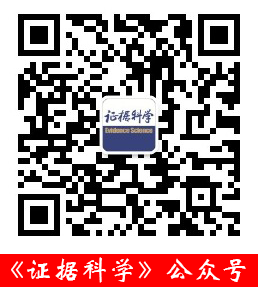 
|
| 第1期 | 第2期 | 第3期 | 第4期 | 第5期 | 第6期 |
雷小政
(北京师范大学刑事法律科学研究院,北京 100875)
【摘 要】关于非法证据排除规则,我国 2012 年《刑事诉讼法》确立了“非法言词与实物区别排除”,或者说,“强制排除与裁量排除相结合”的模式。当前,非法证据排除说理是整个刑事裁判文书说理的一个“短板”。在司法实践中,许多瑕疵证据、非法证据通过“补正”、“合理解释”被采纳,但缺乏“实质说理”。强化以审判为中心的诉讼制度改革,需要强化非法证据排除的“实质说理”。这一完善过程是艰巨的,涉及实体规则、程序规则、配套制度等方面的综合改革。从长远来看,有必要建构一独立自洽的针对证据合法性调查的“诉中诉”程序。
【关键词】非法证据;排除规则;实质说理;程序性制裁
【中图分类号】D915.13
【文献标识码】A
【文章编号】1674-1226(2016)03-0290-07
Substantive reasoning on exclusionary rules of illegally obtained evidence and reform proposals. Lei Xiaozheng, Associate Professor, College for Criminal Law Science, Beijing Normal University, Beijing 100875
【Abstract】About exclusionary rules of illegally obtained evidence, oral evidence and real evidence were treated differently when modifying the “Criminal Procedure Law” in 2012, or in another word, the compulsory model and discretional model were established. The exclusion of illegally obtained evidence is often a “short plank” in criminal jurisdiction instruments reasoning. Without substantive reasoning, a lot of defective evidence and illegally obtained evidence are adopted after the supplement and correction or reasonable explanation. To strengthen the system reform that centers in jurisdiction, we should promote substantive reasoning on exclusionary rules of illegally obtained evidence. The process is arduous, involving comprehensive reform of substantive rules, procedural rules and supporting systems. In the long term, it is necessary to construct an independent and self-consistent investigation on legitimacy of evidence.
【Key Words】 Illegally obtained evidence, Exclusionary rules, Substantive reasoning, Procedural sanction